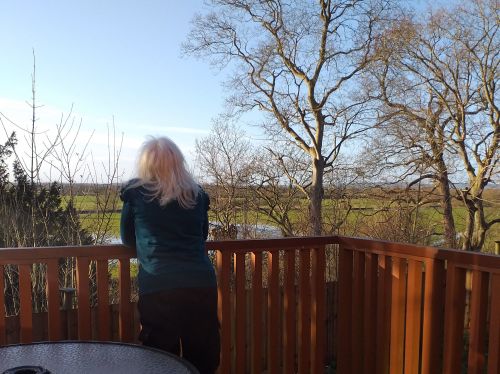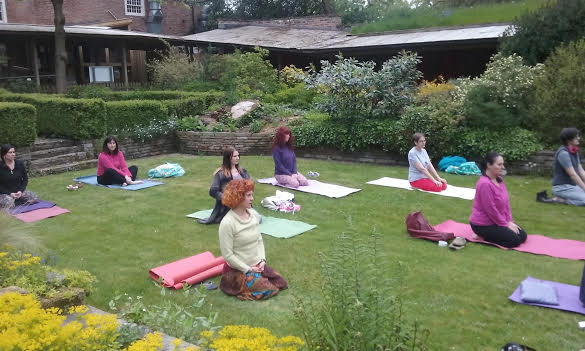What's This Madness. Can you be hypnotised?
Posted on

Hello again. I have just seen an online article by the Daily Mirror with the Headline 'Can you be hypnotised' and a brief explanation that only some people can be. I thought I needed to examine this potentially fake news or at least check that it was a headline aimed at grabbing attention, expecting a bit of an anti-climax. I couldn't even open the quiz so I am still wondering what that says about me.
You might be asking "What's the problem Andrea, why are you getting so uppity."
Here's the problem. In my formative years as a hypnotherapist back in 1995, I spent most of my time doing everything I could to explain what hypnosis and hypnotherapy is. I actually thought that over this period of time my efforts along with those of my fraternity gradually took the mystic and magic away from hypnosis and established it as a bonafide option for healing and breaking free from self imposed limitations.
Of course, it's always great to have a bit of magic around. I won't deny that sometimes when people who have been suffering all their lives with unnecessary restrictions suddenly turn it around and experience a great sense of freedom, it can feel magical. Truly it is just the proccess.
So let's start at the beginning. Don't believe anyone who starts by talking about trances, that's all part of the mystical control they like to promote. Hypnosis is simply a deep relaxation, the type that you experience when you're about to drop off to sleep or just after you have woken. You're less alert than when fully awake and even feel as though you are in a bubble of tranquility but still in full control. The aim is that this state quietens the thinking mind and gives more access to the stored limiting beliefs and fears that are harboured to the rear. This part of your mind is often active when you are fully asleep and you sometimes remember those dreams that are lurking there.
Whether or not people are suggestable is a different matter. It is true that some people are very open to suggestions and some totally closed.
Hypnosis doesn't come into it, this is an every day phenomenon. You can tell a suggestable person that they are looking ill and they will start to feel ill, whereas there are those who would shrug it off and never think about it again. That means that the highly suggestable people are open to suggestion while hypnotised.
Suggestion therapy as it's very basic and raw is just that a suggestion that you will stop or will feel something desireable. It is a bit hit and miss and has the potential to wear off in most cases. It is also what the stage hypnotists depend upon.
Hypnotherapy is able to identify the sources of limiting beliefs in oneself, of fears and anxieties that influence our reactions to events in our lives. Whether that is a phobia or a compulsion in contrast to a habit, in fact anything that prevents one from being who they would prefer to be.
So, if they want to be, everyone is able to be hypnotised, don't believe anything else.
